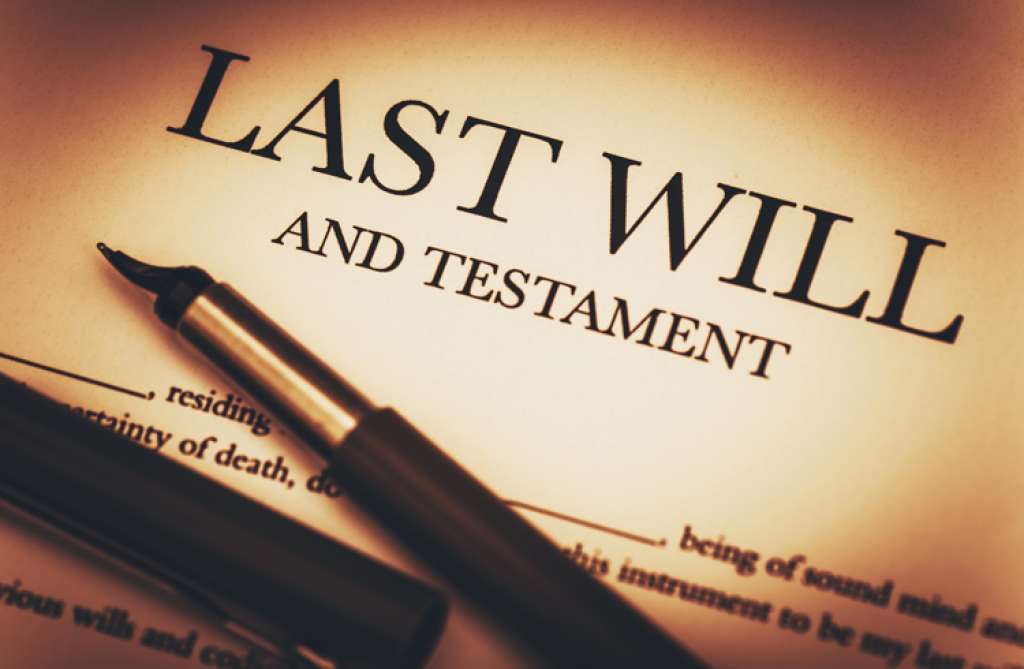
Often when people separate from their partner or spouse or get divorced the very last thing they will consider is what impact this would have in the event of their death. However, more than ever, it is vitally important that you consider and review your Will at this difficult time or make one if you do not have one. It could be, for example, that you own a property jointly with your former partner or spouse and, if no action is now taken, they could stand to inherit the whole property on your death.
Below are set out some of the key factors you need to consider whether you are married and separate or have been in a cohabiting relationship and separate:
What is a Will?
It is a written document which details what you would like to happen to your estate when you die. A Will deals with who inherits from you, appoints guardians for your minor children and specifies your funeral wishes.
Who should make a Will?
Absolutely everyone should have a Will in place. Anyone who is over the age of 18 and who is mentally capable of doing so can make a Will.
It is especially important to make a Will if you have separated, or are about to separate, from your partner as at this difficult time the wishes of the person are bound to change in light of the separation.
Everyone has assets such as money in the bank or a property which ought to be dealt with under a Will. It is important that you should make a Will in order to make sure everything you have worked hard for goes to the right people after you die.
If you have any children under the age of 18, it is essential to make a Will to appoint guardians to look after them. This may not be as straightforward if you are separated parents and you should seek advice.
If after your separation you later find a new partner, it will then be important to consider your Will again, in light of the new relationship, as your wishes for what should happen after you die may change again.
When should you make a Will?
If you have not already done so, there is no time like the present. Even if you have made a Will, it is always a good idea to review it regularly (about every five years) to make sure it reflects your current circumstances.
What happens if you do not make a Will?
When you die your money and assets would have to be divided up according to a rigid set of rules called the ‘Intestacy Rules’. So, your assets may go to people who you would not want to receive them. We have set out details of the Intestacy Rules here.
You will see that it is very important if you are in the process of getting divorced to make a new Will as soon as possible as, if you were to die before the divorce is finalised, a large proportion of your estate could pass to your former partner.
What are the effects of divorce on an old Will?
Divorce affects inheritance so, when you get divorced, you must review your Will. Any provision in your previous Will appointing your former spouse as an executor or trustee will fail and any property passed to your ex-spouse in your Will will fail. Divorce also affects the appointment of a guardian of a child. It is for these reasons that, at the end of your case, where you are getting divorced we will ask someone from our Tax and Estate Planning Support Team to call you to discuss making a will.
However, we recommend that you consider your Will upon separation and focus on what you want to happen in the event of your untimely death now that you have or are about to separate.
Who do I contact if I want to talk about Wills?
Our Tax and Estate Planning Support Team can be contacted in our Maidstone Office on 01622 698031, in our Canterbury Office on 01227 643266 and in our Tenterden Office on 01580 767521 and they will be pleased to send you a Will questionnaire and arrange a meeting at any of our offices.